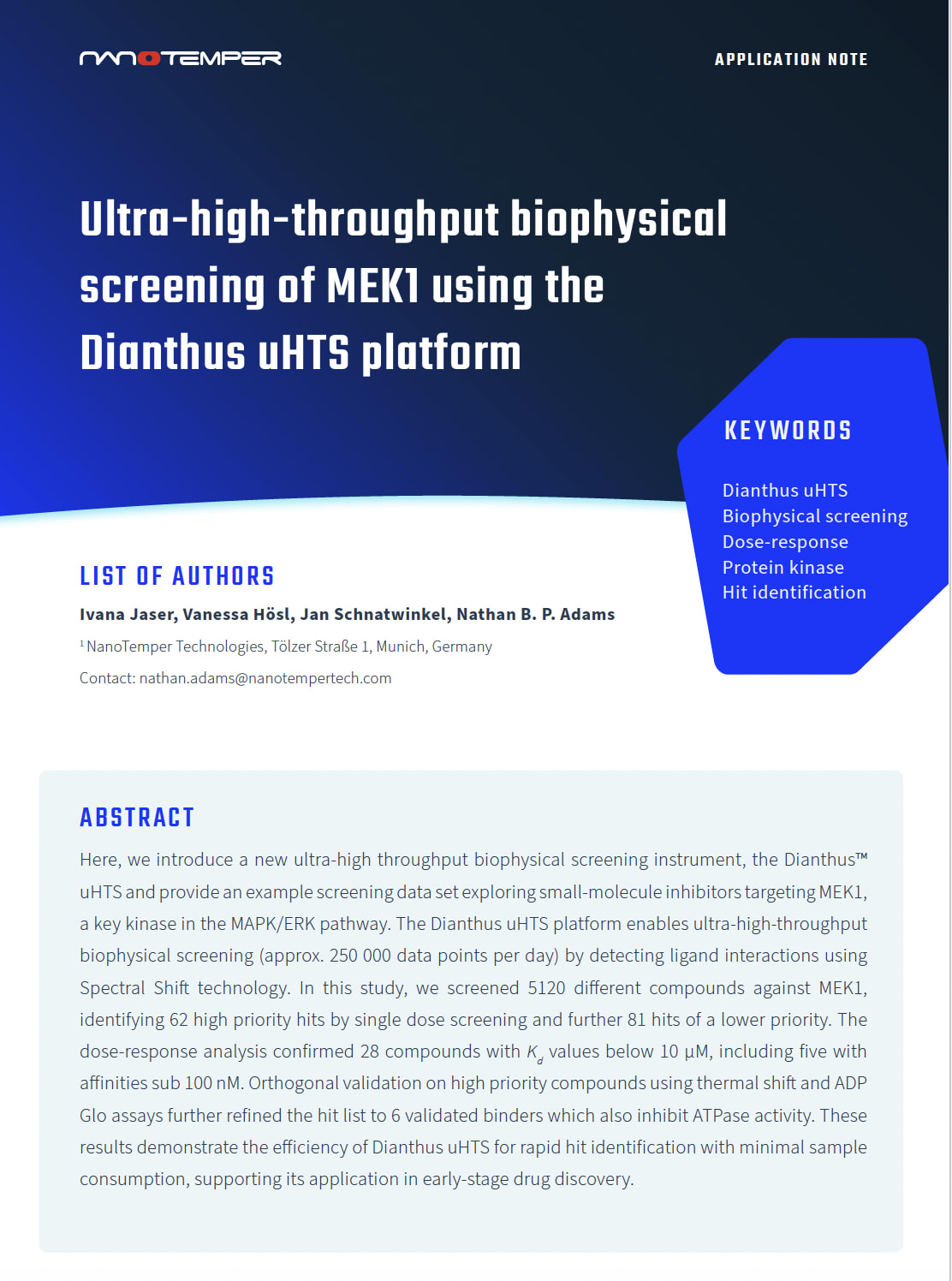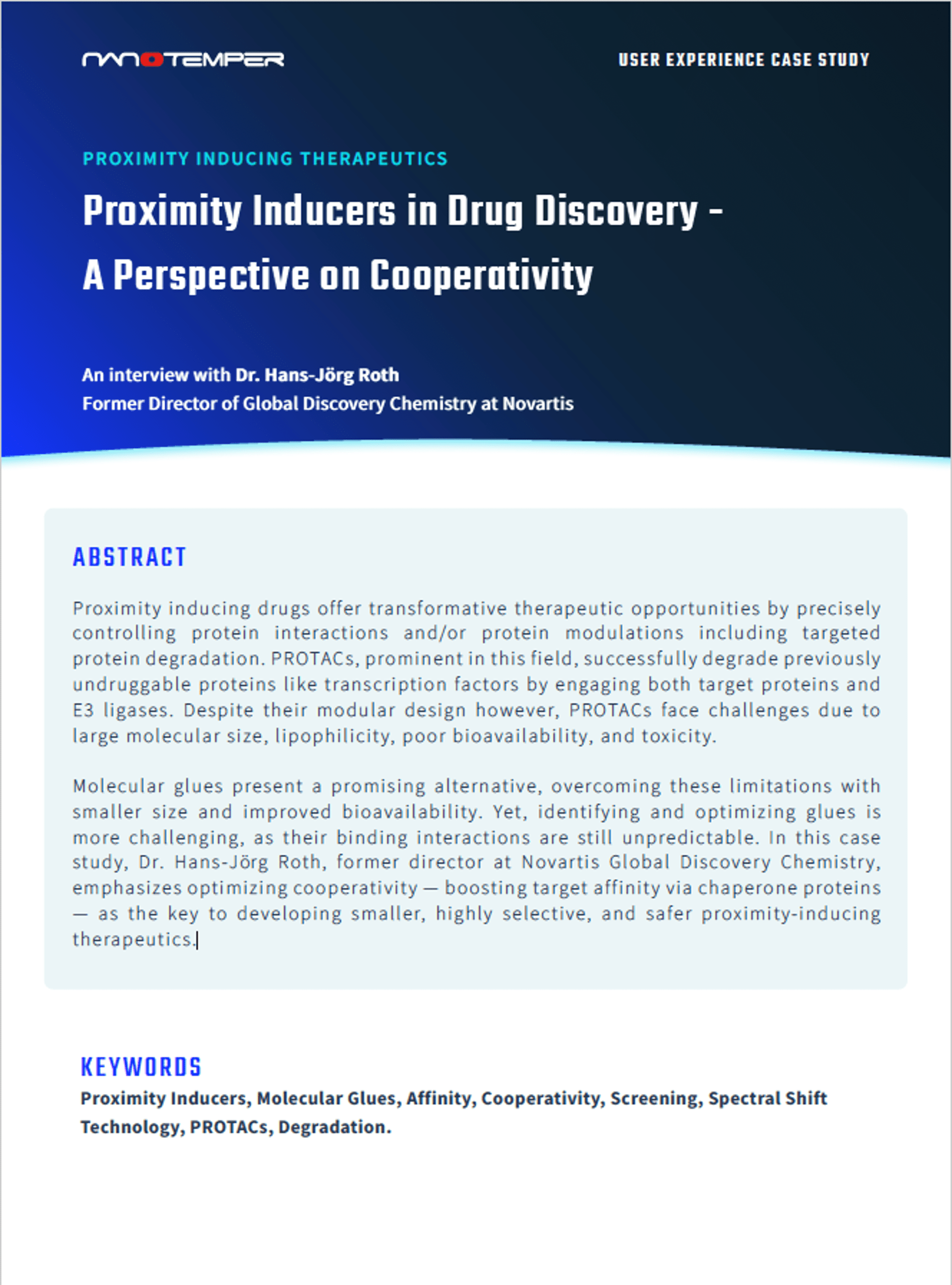
Drug Discovery Chemistry is an annual event that focuses solely on early drug discovery, where scientists from around the world gather to showcase their research and participate in thoughtful discussions. This year the conference recorded its highest attendance, with over 900 attendees, which made for an excellent environment to network and learn about the future of drug discovery.
Here are three takeaways we got from attending this year’s conference:
1. Artificial Intelligence (AI) and Machine Learning (ML) must overcome crucial challenges to drive decisions in early drug discovery
AI and ML are revolutionizing many fields, but a few critical challenges must be addressed before they can reach their full potential for drug discovery. A lack of standardization for data generation and collection, data privacy concerns, and the complexity of disease progression make it challenging to feed AI models relevant data. Increasing computational power will help scientists tackle the complexity of the data, but it won’t help them make confident decisions from bad data.
2. Collaborative breakout discussions offer a great opportunity for scientists to meet and share ideas with other experts in early drug discovery
The round-table and interactive panel discussions offered a two-way approach to exchange knowledge on topics like developing tumor-selective degraders, FBDD against RNA targets, and DEL for degrader discovery. These discussions provided a great space for scientists to share ideas, discuss their workflows, hear how others deal with challenges, and lay the groundwork for future collaborations in an informal and relaxed environment. This kind of open communication helps foster the innovation needed to create a world where every disease is treatable.
3. The field of targeted degradation shows no signs of slowing down
Scientists in the field of targeted degradation are continuously developing new degradation approaches and modalities. Oliver Hsia from the Centre for Targeted Protein Degradation presented his recently published work on a new modality they call Intramolecular Bivalent Glues, and there was not a single seat left in the room. This field is moving with momentum to find degraders for “hard-to-drug” targets.
What conferences are you attending next? Here are a few you shouldn’t miss if you’re interested in keeping up with the latest developments in targeted protein degradation or biologics.








